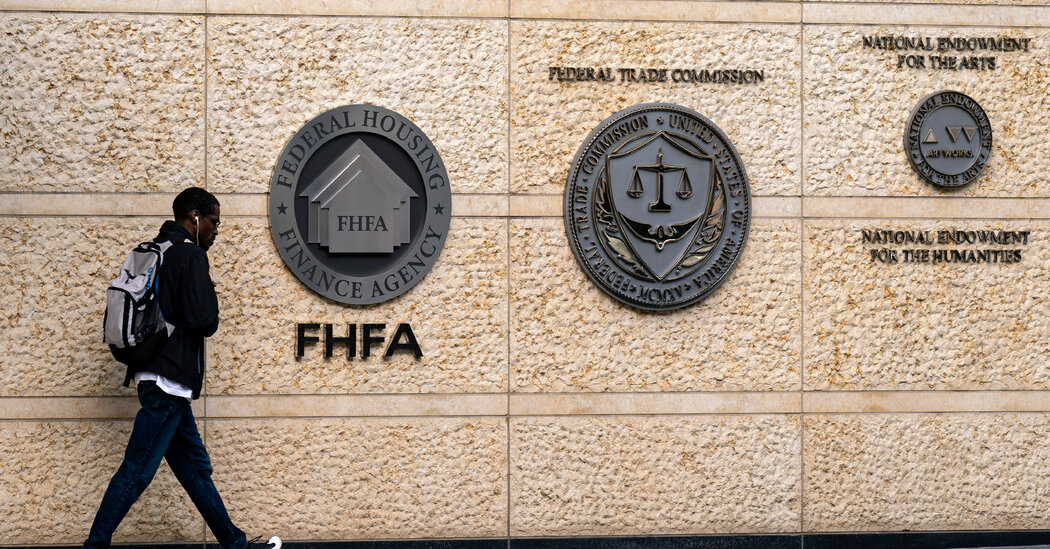Marsalis: ‘Blues Symphony’
Detroit Symphony Orchestra; Jader Bignamini, conductor (Pentatone)
There’s something truly exhilarating about when a new recording reshapes your perspective. Previously, I had categorized Wynton Marsalis’s Second Symphony, often referred to as the “Blues Symphony” (2009), as the least compelling of his orchestral creations. In a 2019 interview, Marsalis himself expressed a similar sentiment, admitting, “It wasn’t played a lot, justifiably.” A revised version of the symphony was released by Blue Engine Records in 2021, yet I found it to be a challenging listen. The first movement, laden with a multitude of string motifs, failed to evoke a sense of exultation; instead, it felt laborious and fell short of the finesse that the blues tradition demands.
However, the Detroit Symphony Orchestra has breathed new life into this piece. With a rich history of exploring serious jazz-classical crossover—evident in their 1992 recording of Ron Collier’s orchestration of Duke Ellington’s “The River”—they have delivered a rendition of the “Blues Symphony” that feels revitalized. The ensemble’s winds, strings, and percussion strike their notes with impressive confidence throughout the first movement. Under the direction of conductor Jader Bignamini, the performance remains lively; even when the movement reaches its climactic moments, his musicians seem to have extra dynamic energy to offer. This high standard of execution is apparent in every segment of this hourlong work. To my ears, the symphony now fits more comfortably within Marsalis’s most captivating classical outputs.
SETH COLTER WALLS
Gregory Spears: ‘Seven Days’
Pedja Muzijevic, piano (Bright Shiny Things)
Gregory Spears’s enchanting new solo piano composition, titled ‘Seven Days,’ originated in the fall of 2021 as an innovative app developed by 92NY. This unique project allowed users to experience one piece for each part of the day—morning, afternoon, and evening—over a full week. Now, thanks to the meticulous and insightful recording by Pedja Muzijevic, this work can be enjoyed either as a daily experience or as a cohesive 21-movement cycle.
I explored both approaches and found distinct marvels in this openly expressive music. Spreading the experience across a week allows the music to intricately structure one’s day, echoing the liturgical tradition of singing the hours, reminiscent of Vespers and Lauds. Within the piece, there are moments of delightful tone painting: the gentle rustling of dawn captured in “Monday Morning” and the warm rays of sunlight streaming through windows in “Tuesday Afternoon.” The familiar ticktock rhythm of “Friday Afternoon” evokes the shared impatience felt by anyone eagerly awaiting the end of the workweek.




